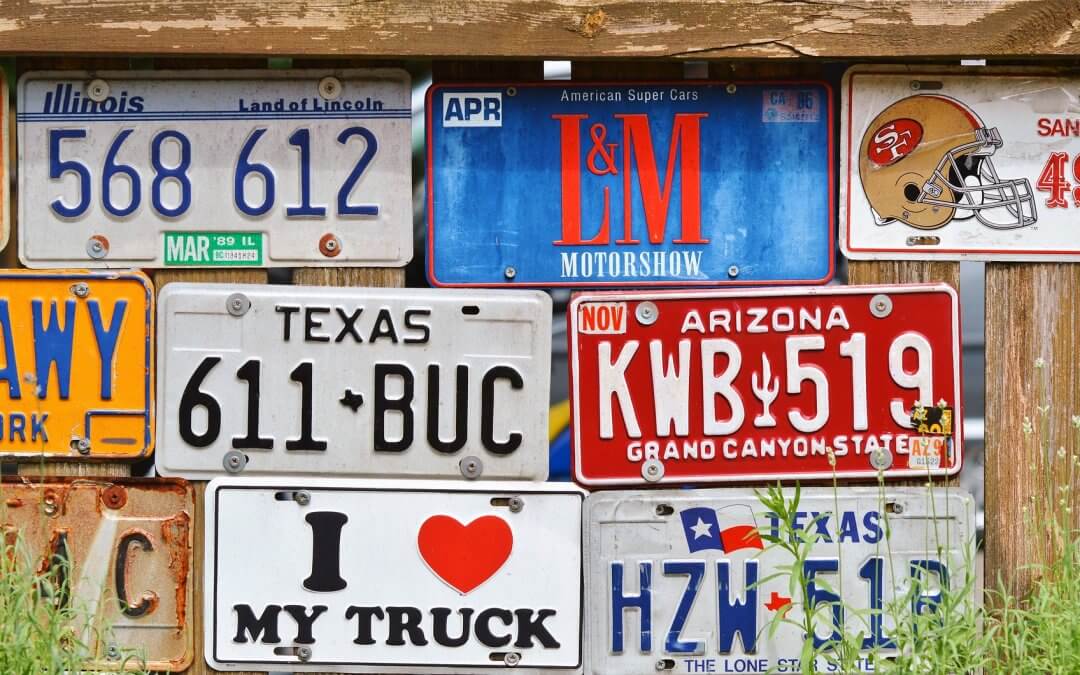
What You Need to Know About IRP Registration Services
What You Need to Know About IRP Registration Services
If you plan to run an interstate shipping business or do runs between the US and Canada, you need IRP registration services.
The IRP – the International Registration Plan for Trucking – is an agreement between the 50 US states as well as Canadian provinces which allow registered trucks to complete shipments across state and country borders, without having to register separately in every jurisdiction. One registration allows for full access, and it’s an absolute requirement if you’re going to run an interstate or international shipping operation.
While you can theoretically handle the paperwork yourself, it’s much easier to simply hire IRP registration services to do the work for you. Here are the basics you should know.
I. Who Has to Register With The IRP?
You will need to register if the following apply to you:
- Your vehicle(s) gross vehicle weight is over 26,000 pounds.
- The combined weight of the truck + cargo is over 26,000 pounds.
- The vehicle has more than three axles, regardless of weight.
- You’ll be crossing state or US/Canadian borders.
The only exceptions are for government vehicles, and for chartered passenger buses.
II. What Does an IRP Registration Cost?
The costs fluctuate depending on where your vehicles will be driving, and how many miles, so it’s difficult to provide a single cost estimate. The fees are apportioned so that each state/province receives a cut, based on how much time the vehicle spends in each area. So, for example, if 50% of your drive time is in California, 50% of the fees you pay will go to California – but the exact amount depends on mileage and hours.
This is one of the areas where IRP registration services can help you calculate and understand your fees before getting hit with any unexpected surprises.
III. What Is Needed for IRP Registration?
The process is fairly complicated, unfortunately, although it’s necessary to ensure that every jurisdiction is represented fairly. Here’s a quick breakdown of the necessities:
1 – A home base
You must have a registered headquarters with a physical address, phone number, etc. The state your headquarters is located in will determine which exact procedures and processes you have to follow when registering. You’ll also need to provide the names of people conducting business at that location, as well as making operational records available if requested.
2 – A USDOT number
USDOT numbers are utilized by the Federal Motor Carrier Safety Administration to track commercial vehicles on the road and would be obtained from them.
3 – FMCSA authorization
This is the authorization that explicitly permits vehicles to operate outside the borders of the state you’re registered in. It comes from the Federal Motor Carrier Safety Administration.
4 – An IFTA permit
The International Fuel Tax Association standardizes fuel use reporting, and associated fees, which is part of the overall structure ensuring each jurisdiction you drive through is compensated. Each state has its own IFTA office.
5 – Various DMV forms
If you’re registering a new business, you’ll need to fill out a Schedule A/E as well as a Schedule B. Changing an existing account, such as updating your headquarters address, requires a Schedule C. Adding jurisdictions to your existing registration also calls for a Schedule F.
Along with your local DMV/DPS, these forms are also commonly available from your state’s IRP office.
IV. Obtaining Plates and Renewals
Once all the bureaucratic processes are fulfilled, particularly the IRP and IFTA accounts, you’ll be able to receive your IRP plate. This plate is specifically for the power unit (i.e., the engine) of your vehicle.
Along with the plate, you’ll also receive an Apportioned Cab Card which lists all the jurisdictions you’re licensed to operate in.
The decals for your registrations should be placed on the lower right corner of the front registration plate. If you’re registering trailers as well, you’ll receive a separate decal for each plate.
Whenever you renew these plates, you’ll need to provide detailed operating information so that your per-jurisdiction fees can be properly calculated. The deadlines and procedures for renewal will depend on which state you’re registered in.
VLC Makes Vehicle Licensing Easy
If it sounds like a lot of work obtaining and maintaining your IRP registration – it is. That’s why shipping companies commonly turn to IRP registration services to streamline the process.
Vehicle Licensing Consultants (VLC) specialize in making this process easy. For over fifty years, we’ve focused on enabling shipping companies to complete their necessary registrations with minimal hassle and help them maintain all their permits to ensure no unexpected problems arise.
If you’re looking to build or expand your shipping operations, VLC can help! Contact us to learn more.
